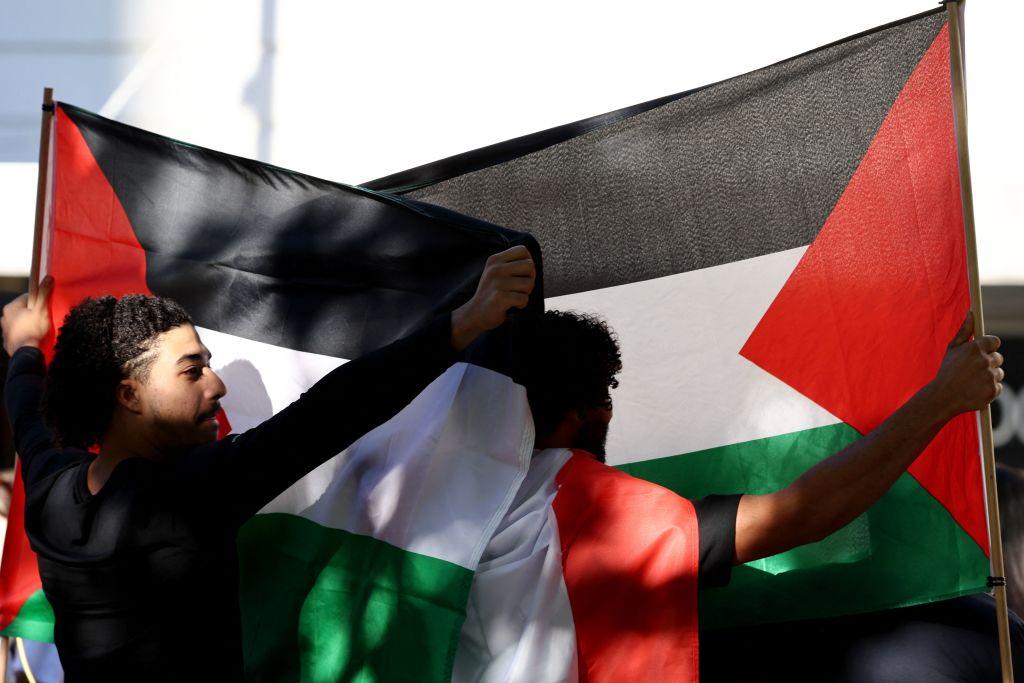The New South Wales (NSW) government is considering an overhaul of the state’s hate speech laws following clashes over the Israel-Hamas war in the community.
The move was a response to a pro-Palestinian protest in front of the Sydney Opera House in early October, which sparked criticism that the current laws prohibiting religious and racial vilification didn’t fit for purpose.




